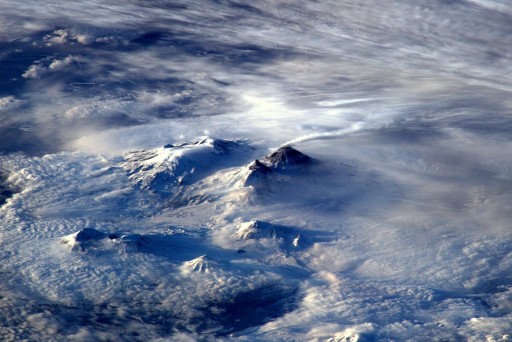ISS Operations Update – April 22, 2016

Experiments:
Protein Crystal Growth (PCG) [PCG exploits the novel environment aboard ISS for the study of protein crystallization in the absence of gravity to understand the mechanisms of protein crystal growth in order to improve pharmaceutical products on Earth. The human body generates a wide range of cells and proteins, including monoclonal antibodies to fight multiple diseases and pathogens. The crystallization of these proteins allows pharmaceutical researchers to get insight into properties and mechanisms of protein growth using antibodies that are currently undergoing clinical trials in the treatment of several diseases. Growing Protein crystals in space yields larger, more uniform and pristine crystals than those grown on Earth due to the absence of a number of issues such as sedimentation and shear forces, preventing the growth of large molecules.]
ENERGY Experiment Session Start [Energy = Astronaut’s Energy Requirements for Long-Term Space Flight – Human Research Payload. ENERGY measures changes in energy balance during long term space flight, adaptations in the components of the Total Energy Expenditure and it will derive an equation for the energy requirements of astronauts. For the crew members, ENERGY includes a special diet, urine sampling, oxygen uptake measurements and diet logging.]
Integrated Resistance and Aerobic Training Study (Sprint) [This study evaluates a high-intensity, low-volume exercise protocol to minimize the loss of muscle, bone and cardiovascular function but also minimizing the time spent with daily exercise. To asses the protocol, crew members conduct regular measurements of VO2max, heart rate (HR) response to submaximal exercise and ventilatory threshold. Monthly ultrasounds of the thigh and calf are used to evaluate spaceflight-induced changes in the muscle volume. Post-flight data on muscle and bone mass is compared to pre-flight measurements and to data from control subjects that use the regular exercise protocol.]
Wet Lab RNA SmartCycler Experiment Session [The Wetlab RNA SmartCycler provides real-time quantitative gene expression analysis aboard ISS, enabling genomic studies in the unique space environment.]

